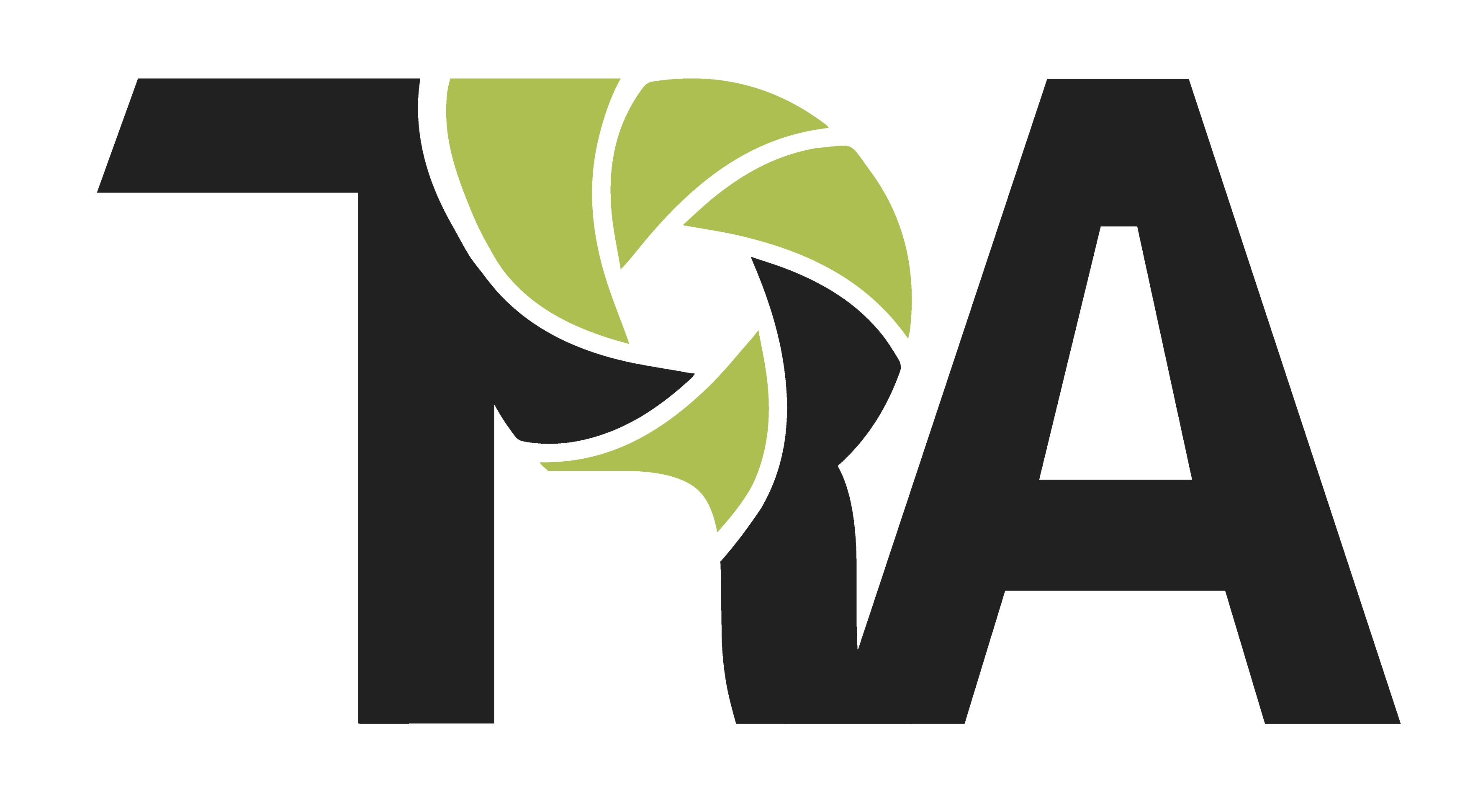If you have a business, you’ve probably been told that you should be spending time and resources on digital marketing. But what does digital marketing mean? What does a digital marketing agency do?
Too often, we catch ourselves in meetings with clients or potential clients using buzzwords and acronyms that mean nothing to folks outside the marketing industry.
Here’s a quick reference guide of some of the most used (and over-used) buzzwords in our industry:
- Automated marketing: Automated marketing is one of those terms we throw around as if it’s a common concept like “online shopping” or “paperless billing”. Automated marketing utilizes various softwares to automatically deploy emails, social media posts, and other content. You’re targeted by automated marketing tactics more than you probably realize. The email you receive with your receipt from your coffee shop purchase, the Facebook message you receive after following a brand’s page, and the text message you receive from your local gym with a special membership offer are all examples of automated marketing tactics.
- PPC: PPC or Pay-Per-Click is a form of digital marketing in which an advertiser pays a fee each time their ad is clicked by a user. For example, each time you see an ad on Google and you click that ad, the company running that ad will pay Google for your click to their website.
- CTR: CTR or Click-Through-Rate is a standard metric used by marketers to measure the ratio of users clicking on a specific link to the number of total users viewing that link. Advertisers design campaigns in the hopes of earning a high CTR, as that means higher website traffic. The average CTR varies across platforms and industries, but a recent Google analytics report recommended 2% as a good benchmark for a Google Ad CTR.
- SEO: SEO or Search Engine Optimization is the process of making changes to the content and code on a website in an effort to improve visibility organically. When you search for something in Google, Google serves you what it has assessed to be the best answers to your question. This means that Google has reviewed every website, then ranked them in order or most helpful to least helpful to your search query. Simply put, the websites that are ranked higher have better and more useful content. SEO is the process of making sure every piece of content on a website is ultimately going to be helpful for a Google user searching for an answer to a question.
- CRM: CRM stands for Customer Relationship Management, and in the marketing world, a CRM is a software that helps businesses manage information about their customers; past, present, and future. When implemented correctly, a CRM can serve as an administrative assistant to your sales team. It not only collects and stores information on clients, but it can also send automated correspondence to users like newsletters or outreach emails to say hello to a client you may not have reached out to in a while. A well-implemented and well-maintained CRM is an invaluable tool for your company, and we’ve got a helpful guide to our favorite CRM solutions here.
- CPM: CPM, or Cost Per Mille, is the price of 1,000 advertisement impressions on any given page. You’ll see this metric, which is often simply called “cost per thousand” on analytics reports detailing how many users view a Facebook, Google, or any other visible advertising campaign.
- Social Media Marketing: People come to us all the time and say, “I need you to do my social media.” What they don’t always understand is the amount of strategy behind a well-organized social media strategy, and the resources necessary to execute such a campaign. At the very least, a social media management plan can simply mean posting curated or original content to predefined social media pages, the most common used for businesses being Facebook, Instagram, Twitter, and LinkedIn. This alone can take several hours per month of content creation, posting, and engaging. On a larger scale, a social media marketing strategy can become incredibly targeted and include a variety of different strategies designed to provide your brand a variety of opportunities to get in front of your target audience, including paid advertising targeting a specific demographic, co-branded promotions with partner organizations or influencers, retargeted ads focused on increasing brand recognition, and so much more. It’s important to note that the less time and energy you spend on social media marketing, the less visibility your brand will earn. Social media marketing, as well as any other form of marketing, requires constant attention and experimentation to increase exposure.
We are marketing nerds and tend to get carried away when explaining all the cool things we do, so we apologize to all the people we’ve inadvertently left confounded in conversations peppered with these buzzwords.
Drop us a note if there are any additional marketing terms that you’re not 100% of the definition, and we’ll define them in an upcoming post!


